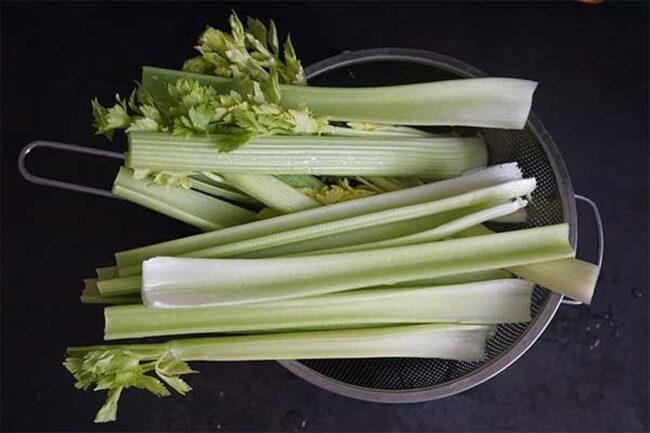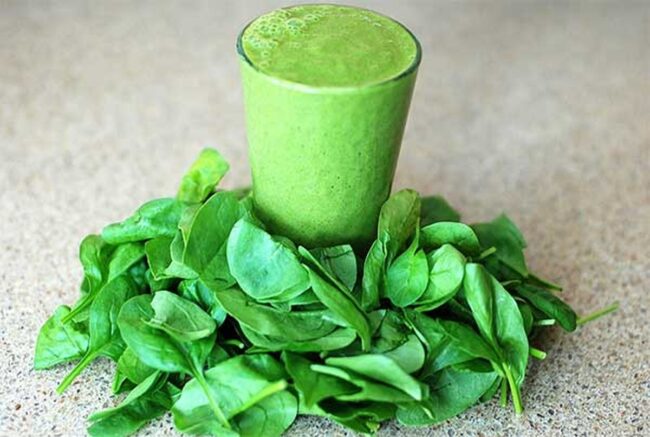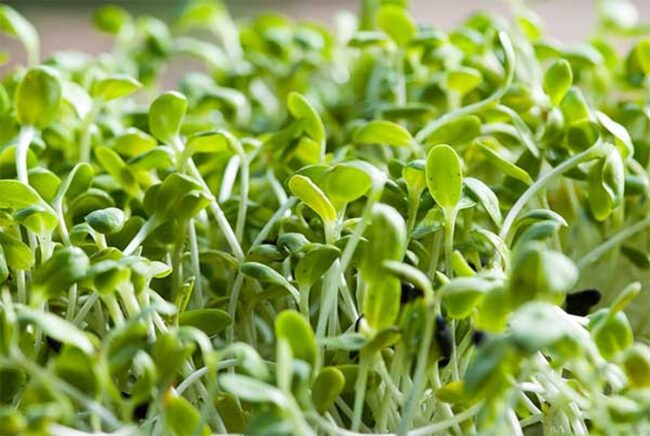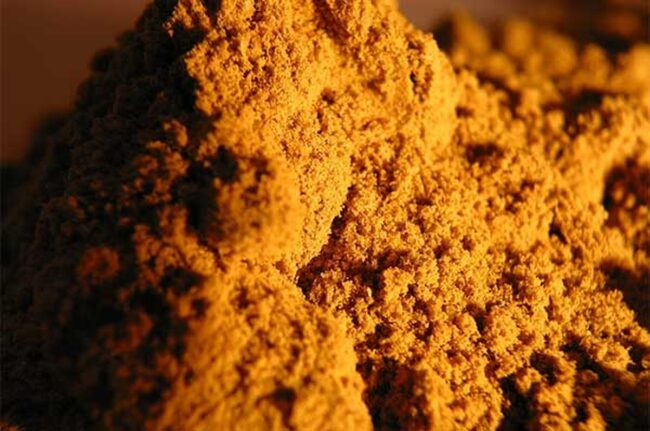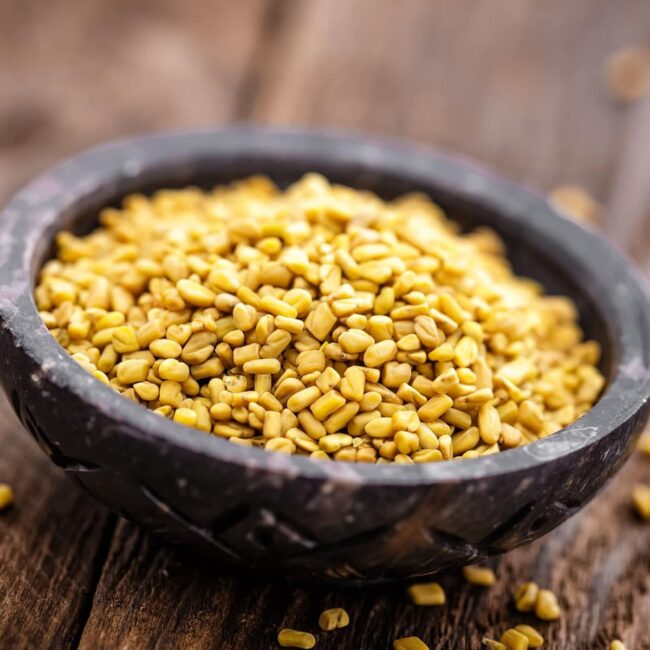9 Fragrant Fenugreek Leaves Substitutes for Authentic Flavors
Substitutes for fenugreek leaves provide the same earthy, slightly bitter flavor with a touch of sweetness. Some options bring an herbal depth, while others lean toward a milder profile.
The balance of bitterness and warmth defines the best choice. A good replacement blends seamlessly into curries, stews, and spice mixes.
Matching the aroma and complexity ensures a proper swap. These 9 alternatives will make sure your dish never loses its magic:
9 Best Substitutes for Fenugreek Leaves
Here are 9 best substitutes for fenugreek leaves:
Dried Mustard Greens
Dried mustard greens serve as a notable alternative to fenugreek leaves, offering a distinct peppery flavor that can enhance your dishes. This leafy green not only mimics the slight bitterness of fenugreek but also adds depth to various recipes.
For those seeking an authentic taste, blending ground fenugreek seeds with dried mustard greens creates a more nuanced profile reminiscent of traditional flavors. Incorporating this substitution into your cooking allows you to maintain the essence of your dish while accommodating ingredient availability.
It's an innovative way to explore new tastes without straying too far from familiar culinary roots.
Celery Leaves
Celery leaves serve as an excellent alternative to fenugreek leaves, bringing a distinctive flavor profile that complements various dishes. These leafy greens grow atop celery stalks and are often overlooked in grocery stores, yet they possess a mildly bitter taste reminiscent of fenugreek.
Sourcing them from local farmer's markets can ensure you find the freshest options available. With their unique flavor, celery leaves add depth to recipes while providing an appealing green touch.
Incorporating these into your meals allows you to maintain similar taste notes without compromising on quality or freshness.
Spinach
Spinach serves as an excellent alternative to fenugreek leaves, particularly when you're in need of a quick substitute. With its similar texture and mild aroma, spinach can enhance the overall profile of your dish without overpowering other flavors.
While it won't replicate the distinct taste that fenugreek brings, this leafy green adds a fresh touch that's appealing in various recipes. For those who enjoy experimenting with greens, kale may also be considered for added nutrition and versatility.
You might find yourself reaching for these options whenever fenugreek isn't on hand; they can still deliver satisfying results in your culinary creations while keeping meals vibrant and engaging.
Collard Greens
Collard greens serve as a noteworthy alternative to fenugreek leaves, offering a slightly more bitter flavor profile. Their robust texture makes them suitable for various dishes where you need that leafy green element.
For an even closer match to the unique taste of fenugreek, try grinding some fenugreek seeds and mixing them with finely chopped spinach; this blend enhances both flavor and nutrition. When substituting in recipes, simply use one tablespoon of collard greens for every tablespoon of fenugreek leaves needed in your dish.
This way, you can still enjoy hearty meals without compromising on taste or quality while exploring new flavors at the same time.
Alfalfa
Alfalfa serves as an excellent alternative to fenugreek leaves, bringing a mild and slightly nutty flavor. This leafy green is rich in vitamins and minerals, making it not just a substitute but also a nutritious addition to your dishes.
You can incorporate alfalfa into salads or sandwiches for added crunch without overpowering other ingredients. Its delicate taste resembles that of celery leaves, allowing you to maintain the intended flavor profile of your recipes effortlessly.
Using alfalfa opens up new possibilities in cooking while ensuring your meals remain wholesome and vibrant.
Kasoori Methi
Kasoori methi is a popular substitute for fresh fenugreek leaves, known for its concentrated flavor profile. These dried leaves have undergone a slow dehydration process that enhances their aroma and taste, making them an excellent choice when you need to add depth to your dishes without the freshness of raw greens.
For best results in your cooking, consider using kasoori methi as a finishing touch in sauces or sprinkled over meals just before serving; it doesn't fare well in long cooking times. When adapting recipes, replace each tablespoon of fresh fenugreek with just one teaspoon of this potent alternative to achieve balanced flavors without overpowering the dish.
This versatile ingredient easily integrates into various cuisines and can elevate everyday meals effortlessly.
Curry Powder
Curry powder serves as an excellent alternative to fenugreek leaves, infusing dishes with a hint of the distinctive taste that fenugreek is known for. The presence of powdered fenugreek seeds within curry blends ensures that you'll experience some of its unique flavor profile in your cooking.
Opting for this substitute not only enhances your dish's depth but also adds a warm hue, creating visual appeal on the plate. Keep in mind that while it brings its own character, you might notice variations depending on the specific blend used.
Adjustments may be necessary to achieve your desired balance and intensity when using this flavorful option.
Maple Syrup
Maple syrup serves as a surprising alternative to fenugreek leaves, sharing the distinctive aroma thanks to a compound called sotolone. This sweetener can infuse your dish with similar fragrant notes, making it an intriguing option when you're out of fenugreek.
To maximize its effect, incorporating maple syrup towards the end of cooking ensures that its delicate scent remains intact. A careful approach is recommended; using too much can easily overpower other flavors in your meal, leading to an unbalanced taste profile.
Adjusting quantities will allow you to maintain harmony within your dish while still enjoying that unique essence reminiscent of fenugreek leaves.
Fenugreek Seed
Fenugreek seeds serve as an excellent alternative to fenugreek leaves, offering a similar flavor profile while delivering the spice element of the plant. These seeds need to be introduced earlier in cooking, allowing their robust essence to infuse your dish effectively.
Grinding them into powder enhances their versatility for seasoning or creating pastes that meld seamlessly with other ingredients. For added texture and volume, consider incorporating watercress alongside the seeds; it mimics the leafy character and adds a fresh touch to your meals.
This combination can enrich various recipes without losing authenticity or taste balance.
Health Benefits of Fenugreek Leaves
Fenugreek leaves offer a treasure trove of vitamins and minerals, making them a valuable addition to any diet.
Consuming fenugreek also promotes digestive wellness through its fiber content; it combats constipation effectively while easing indigestion symptoms. Additionally, this herb may stabilize insulin levels post-meal helping manage glucose responses better over time, an ally against high cholesterol too! Regular inclusion might even lower heart disease risks down the line, definitely worth considering.


